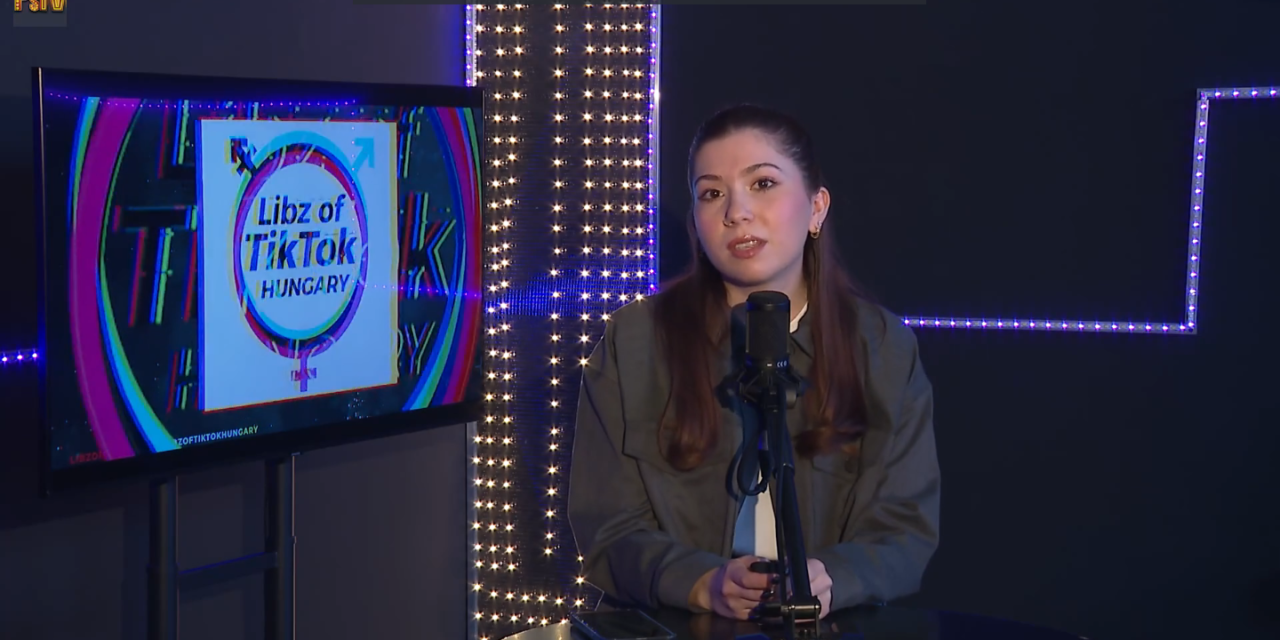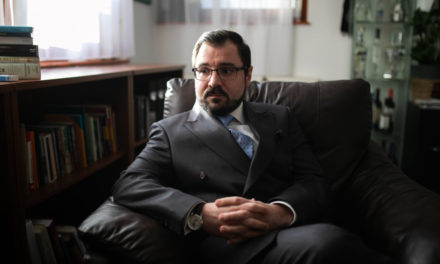To have a filter or not to have a filter: that is the question. In recent days, a new type of filter - or instant Photoshop - has started to spread rapidly on TikTok, which, unlike the others, works so real that it's scary.
What do these filters actually do, which polish your face to perfection, whiten your teeth, fill your mouth in a perfect shape and make your face bright and fresh at any time of the day? Why bother with a silly little filter when there's a war going on next door? Although it may seem small, these self-image-destroying tools of the virtual world have an extremely important message. We all want to answer. Some are for themselves, some are for their partner, some are for their boss, and some are all of these at the same time. Self-awareness, self-acceptance is one of the most basic things that we begin to learn in childhood, which we often experience as a burden in our teens, and with the help of which we can find our place in society as adults. (You know, this is the thing that the big progressive LGBTQ lobbyists want to torpedo from a young age with those certain gender identity issues.)
So there is this crazy self-knowledge, self-acceptance, self-image, which ideally we develop, nurture, shape throughout our lives in order to be satisfied with ourselves. Then social media arrives, filters arrive and show: here, you could be perfect if you lived in the virtual world. And there are certainly many people who, thanks to their wealth, have successfully carved out of themselves the "perfect" person, features that put filters to shame. But not everyone can do this, and it's better not to do it if possible.
The virtual world shows you in an extremely seductive way what kind of life you could have, what it could be like to be rich, to live for today, and now it also shows you what it would be like if you were perfect. As a short personal digression, for example, let me note my younger brother's age group: 12-13-year-olds, most of whom immediately forget about the world of video games, TikTok and other virtual realities after school on weekdays. The children are slowly no longer able to talk about anything but their video game successes or failures. Goals, learning, personal meetings with friends are put in the background. And if a child in the class is not allowed to play as much as the others - for example, Xbox is taboo on weekdays - then that child will be left behind, ostracized, and left alone in the class. When this came up in my family, my father just said to my younger brother:
always know that you are the survivor who knows and will know what real life is.
In connection with excessive video games, the responsibility of the parent could of course also be raised, but just think about what it can be like when you are so absorbed in this world at such an age that you cannot and will not be able to appreciate the reality around you. He will be a stranger to you. Young generations must learn to live in reality again. This is the sad fact. You have to learn that the filter is not your mirror, the influencer is not your friend and TikTok is not your home.
Let's see all this in the Pesti Srácok video:
Civilians Info: I often look at the 11-12-year-old boy next door, who walks with his back slightly bent, staring at his hands, he doesn't even say hello, even though I know he's a very intelligent little boy, a good student, but he almost shuts out reality and watches his gadgets whenever he can .
He stares at a world that is much more real to him than the uncle next door, the friend, the parent and the teacher. Because this is the world of desire, which acts not only as a promise, but as a present. You can play on it, study, order pizza, chat, party online, and last but not least, I can be whatever I want on it. It's all a matter of filters and other programs. And then acquaintances and friends will know me as this in the virtual space, that's how I will be the Big Me.
And I will be the player, the great competitor, the killing soldier, or the soulless world-destroying robot, all through the extension of my mind and body. And then the "persons" of the artificial intelligence will enter, they will also be my acquaintances, friends, or even my servants, of course I will be their servants.
These clever algorithms will be able - under who knows what kind of control - to make real people their subjects, and it won't be too far away, since the intentions are pointing in this direction, and even today it is inconclusive whether they are the creations of algorithms or human brains.
And this is a dangerous threat to children. After all, even if the parent forbids it in vain, he only sees that the light of his eyes misses the desired world, the lights, the glitter and sooner or later he is ostracized by the filter styles.
Obviously the horizon is huge. It's as if humanity is really entering the gate of a huge change, the world of (ro)bots has sucked in, it's unpredictable how fast the change will be and what creatures will appear around us, on our planet, or even on the scenes of planetary life. In any case, competences come out of our hands and heads, they memorize phone numbers, addresses, events, our entire culture for us, we are served and served by unknown tools for unknown purposes.
I know that all this is good, and the development, and so on, because man will acquire divine abilities, be ennobled as HOMO DEUS and become the master of the universe. It's a scary perspective, because at this level you don't need people, only your eternal life avatars at most.
What can be done? Traditional culture and communities must be strengthened. Sports, dance, competitions, excursions, faith communities, and the range of family programs. The joy of being together and witnessing the sun shining and the light we find in each other. Don't say that when, I'm tired, the child is gone, and I can't do anything anyway, that's the way the world is.
It also depends on us, so next time I will thank the little boy, as he is an old acquaintance.
Source and image: Pest Boys













